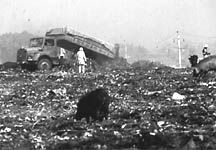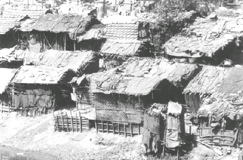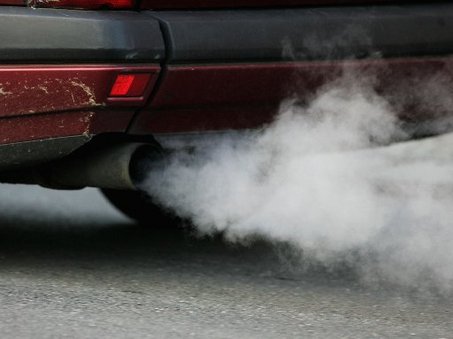
Battling for control
The Gujjars of the Rajaji national park have put forward a proposal for managing the park.

The Gujjars of the Rajaji national park have put forward a proposal for managing the park.

There is a touch of irony in India's growth story. Jobs in the government, private and public sector are limited and restricted to the educated. At the same time, the informal economy in India is growing at a fast rate, employing 93 per cent of the labour force in the country. But informal economy workers, who contribute 63 per cent of the <font class="UCASE">gdp</font>, still cannot benefit from the additional wealth they have contributed to generate.<br> <br> Why? That's because they do not have access to credit to take advantage of economic opportunities.<br>
Forests play a vital role in sustaining water resources and aquatic ecosystems. Forest disturbance, both natural (e.g., wildfire, insects, disease, windstorms, drought) and human (e.g., timber harvesting,
SOME PEOPLE live in years, others in deeds. At 91, Kota Shivarama Karanth has done both. Journalist, litterateur, dramatist, playwright, photographer, politician, environmentalist, householder, tramp he is all these and more. The winner of the prestigi
The IEA projects global primary energy demand could grow by 55% from 2005 to 2030, raising serious energy security and environmental sustainability concerns. How will we meet energy demand? How will we mitigate the resulting 57% increase in carbon dioxide emissions?
The Aquatic Ecology Centre, Kathmandu University, and Institute of Forestry, Tribhuvan University in collaboration with the Department of International Environment and Development Studies (Noragric), University

To energise the biodiversity convention, the world will have to first deal with difficult countries like the US

Solid waste management could benefit from adopting the traditional method of decentralised composting
S K SINHA, former director of the Indian Agricultural Research Institute IARI , is currently a National Professor at the Water Technology Centre. During his tenure, the IARI had seen intensive bask and applied research. Conventional
The purpose of the project activity is to set up 5,500 biogas plants (digesters) of 2m3 capacity each for single households. Each household will utilize the dung of its cows to feed the digester for the production of biogas for cooking purpose and heating of hot water. The aim of the project is to replace the

Urban areas are living organisms in themselves and create their own ecosystems
For Indian states, the biotech revolution is round the corner

Proposals have been mooted to save endangered species by curbing their culling and trade. But the fate of African elephants still hangs by the nose
THAT A capitalist USA wants to share with the world its ideas for cleaner businesses comes clearly through in Management for a Small Planet. The message: We have made mistakes and botched up the

<p><span style="font-size:12px;"><strong>Vehicular Air Pollution in Colombo</strong></span></p> <p><img alt="" src="http://www.indiaenvironmentportal.org.in/files/country/srilanka/vehicular_pollution_hl.jpg" style="width: 530px; height: 300px; border-width: 2px; border-style: solid;" /></p> <p>In Colombo vehicles are responsible for 60% of the air pollution load. The city is falling into the toxic grip of motorization. Colombo is in the grip of deadly dieselisation: the current level of diesel technology and fuel quality represents very special risk, as diesel vehicle fleet is expanding in a maniacal pace. Diesel vehicles are 45% of the total fleet that already use up more than 90% of the diesel fuel. The policy to under tax diesel fuel and maintain a wide gap with petrol prices is largely responsible for this trend in the region.</p>

Titanic sank not because it hit the iceberg, the reason for its sinking lies in its inability to take a turn on time'. These words are aptly used by Mahesh Bhat, the noted filmmaker, to describe the
Maldives is an environmentalist's dream come true and a country that can easily be a role model for its neighbours.
eco-friendly truck: J Sainsbury Plc of the uk has deve loped the world's first solar photovoltaic-cooled food distribution truckthat aims at increasing the commercial use of the eco-friendly
Urban India is beginning to explode. The question is if our cities will be able to manage this growth or will they just burst at the seams? The reason I ask this is because we still don t have a clue

Commercial exploitation is virtually destroying biodiversity